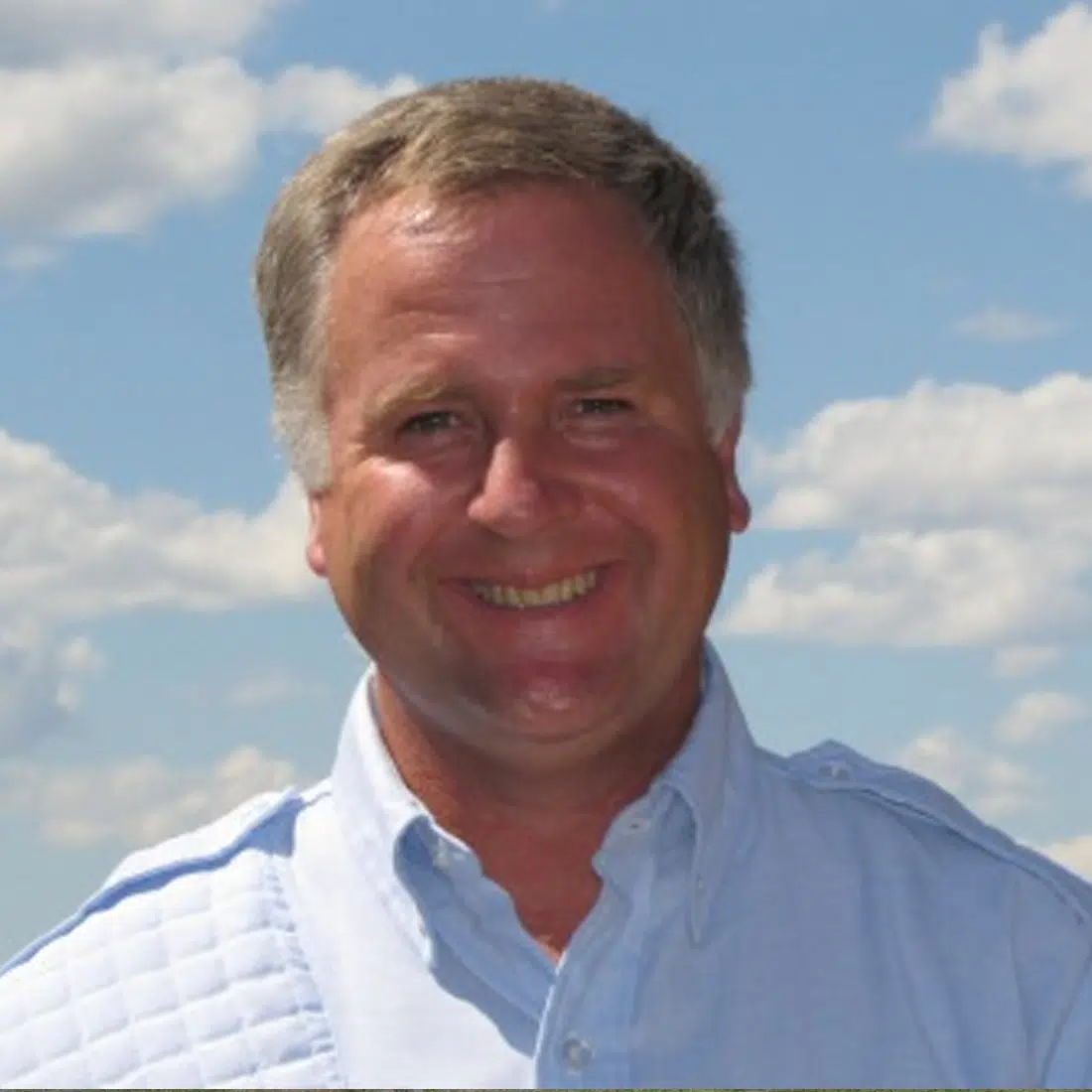By Dan Fastenberg
NEWTOWN, Conn. (Reuters) – When Nicole Hockley gets into her car, she still looks in the rear view mirror and expects to see the smiling face of her son, Dylan, as he settles into his car seat.
It’s difficult for Hockley to fathom that Dylan is gone. He was among 20 first graders gunned down inside Sandy Hook Elementary in Newtown, Conn., on Dec. 14, 2012.
“It’s very hard for me to think about the fact that it’s been 10 years since Dylan was killed,” said Hockley, 51. “It’s also just like the blink of an eye.”
In the decade since 20-year old gunman Adam Lanza, shot and killed his mother, and then killed six adults along with the 20 children at Sandy Hook, that and more violence has ignited debates in the United States over mental health, access to guns and how best to secure schools.
According to a 2014 report by the Connecticut Office of the Child Advocate, Lanza was “completely untreated in the years before the shooting” for psychiatric and physical ailments such as anxiety and obsessive-compulsive disorder.
Even as the national dialogue rages on, there have been other school shootings since Sandy Hook. At Robb Elementary in Uvalde, Texas, last May, 19 children and two teachers were killed, and at Marjory Stoneman Douglas High School in Parkland, Fla. in Feb. 2018, 17 people were killed and 17 more injured.
Hockley and other parents of Sandy Hook victims dove into advocacy after their children were murdered, trying to find ways to prevent school shootings through a nonprofit organization they founded, Sandy Hook Promise.
The group aims to educate students, teachers and others about the warning signs that could help identify would-be mass shooters and to ensure authorities are alerted when such signs are seen. Over 18 million students and others have participated in one of the group’s programs. At least 11 school shooting plots have been foiled in recent years because of the training Sandy Hook Promise provided, the group says.
On Dec. 6, Sandy Hook Promise held a 10-year remembrance benefit in New York City. Speakers included former U.S. President Barack Obama, who was in the White House when the Sandy Hook shooting took place.
“Ten years ago, we would have all understood if the families of Sandy Hook Elementary had simply asked for their privacy and closed themselves off from the world,” Obama said at the benefit. “The temptation must have been powerful. But instead you took unimaginable sorrow and channeled it into a righteous cause.”
Mark Barden, whose son, Daniel, was killed at Sandy Hook, co-founded Sandy Hook Promise with Hockley.
Barden, 58, has said he has dedicated his life to the group’s work as a means of honoring Daniel, whom he felt was destined to do great things in the world because of his “naturally developed sense of compassion and awareness of others.”
“It was taken from him. And I feel a very real sense of responsibility to try to fill those enormous shoes in whatever way I can,” Barden said.
Nicole Rinei Hawke, 17, was in a second-grade Sandy Hook classroom the day of the shooting. She can still hear the deafening gunshots and remains thankful for the poise her teacher maintained in keeping the kids safe. Her voice still tightens in recalling that day, when with each pause in the shooting she thought “it’s going to be us next.”
Hawke said she feels anger that 10 years on, school shootings are “actually becoming more frequent than less.”
“It’s definitely made me an angrier person, politically at least,” Hawke said.
(Reporting by Daniel Fastenberg in Newtown, Connecticut; Additional reporting by Aleksandra Michalska in Newtown and Brad Brooks in Lubbock, Texas; Writing by Brad Brooks; Editing by Donna Bryson and Diane Craft)







